Looking For A Personal Fitness Trainer in Mumbai? Call Me Now on +91 98706 36408 | Email Us at: [email protected]

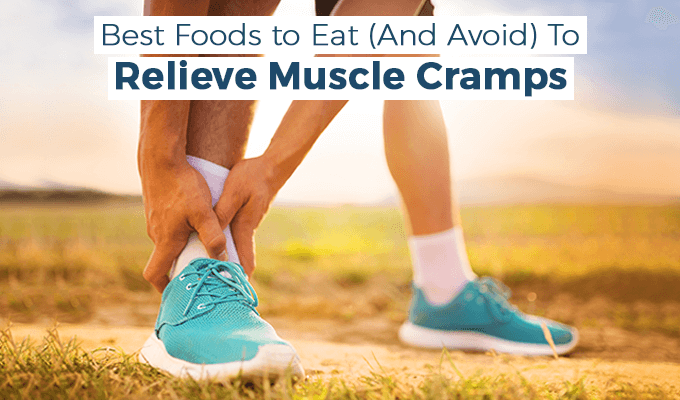
Muscle spasms are uncomfortable, tightening and painful muscle contractions that are common, unpredictable and involuntary. The exact cause for them isn’t always known. Stretching, eating right, and massages are most likely to help with muscle cramps.
When it comes to foods that help with muscle cramps, eating foods rich in vitamin D, magnesium, and certain B-vitamins can provide relief. Below, let’s look at the foods to eat and avoid to alleviate muscle cramps. But, first, here is a brief overview of the causes of muscle cramps.
Read: Best Exercises for Men and Women To Do at Home
Discover what to eat and avoid for effective muscle relief and start feeling better today.
Contents
Muscle cramps are the result of involuntary random spasms of the motor neurons that can last from a few seconds to several minutes at a stretch. When the muscles in the body do not get the required amount of blood and oxygen, poor circulation can lead to cramps. Some of the other reasons for a muscle cramp are:
Further reading: Best Exercises and Foods To Boost Immunity
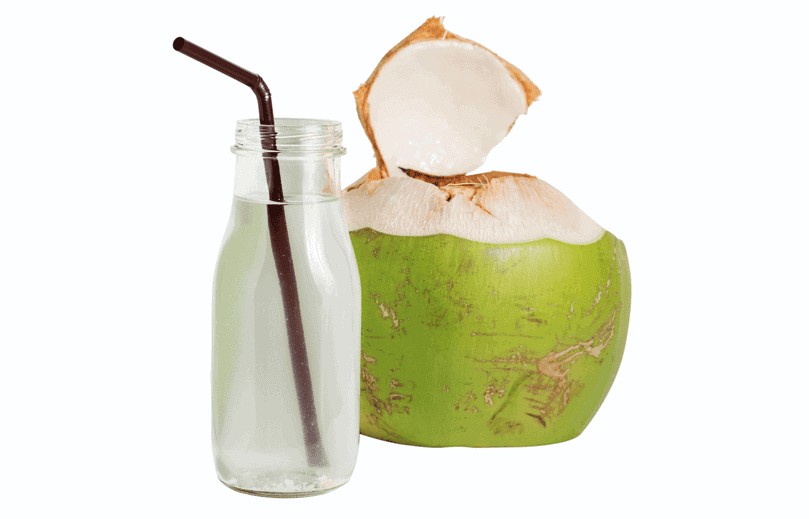
Coconut water is one of the best things for muscle cramps as it contains numerous nutrients such as natural sugar, vitamins, amino acids, and minerals. Since vitamin and mineral deficiencies cause muscle cramps, drinking coconut water can provide you with the required nutrients and keep you hydrated. It is known that athletes are less likely to get muscle cramps when they are well-hydrated with an electrolyte drink versus plain old H2O. So, drink coconut water post-workout to reduce the chances of muscle cramps.
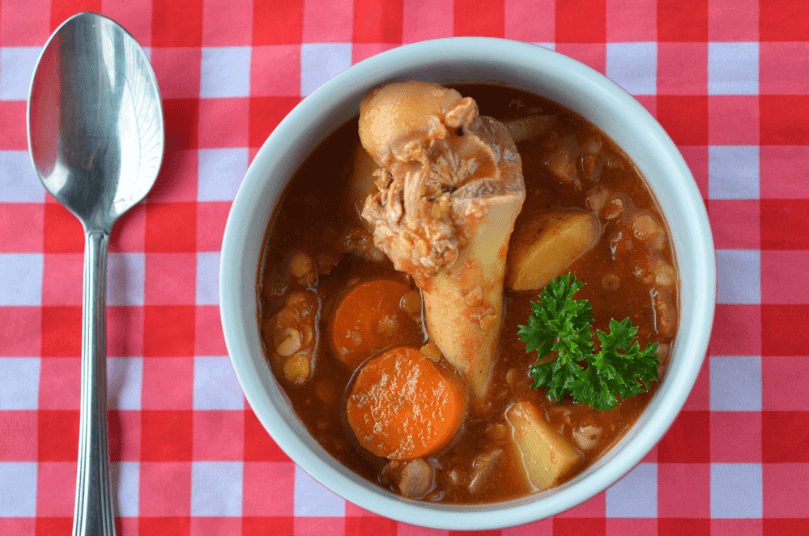
Bone broth is a concentrated broth (thicker than liquid broth) made by simmering meaty bones of chicken, beef or even fish in water for over 8 hours. Herbs, apple cider vinegar, and spices are usually added to the broth to enhance its nutritional value and flavour. Drinking broth can help you stay hydrated and reduce muscle cramping as it is rich in calcium and magnesium.
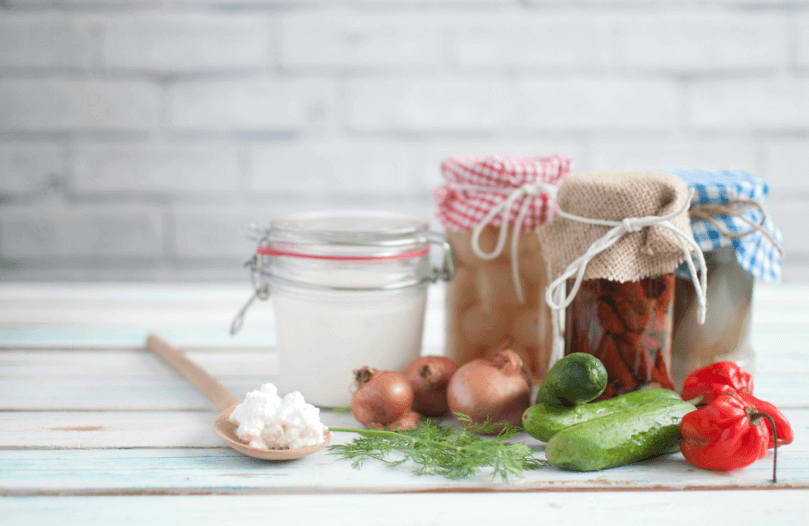
Fermented foods are beverages or food items that undergo controlled microbial growth and fermentation. Items like kimchi, Keifer and sauerkraut are loaded with nutrients and excellent foods that help with leg cramps. Fermented foods also contain electrolytes like sodium which helps relieve cramps.
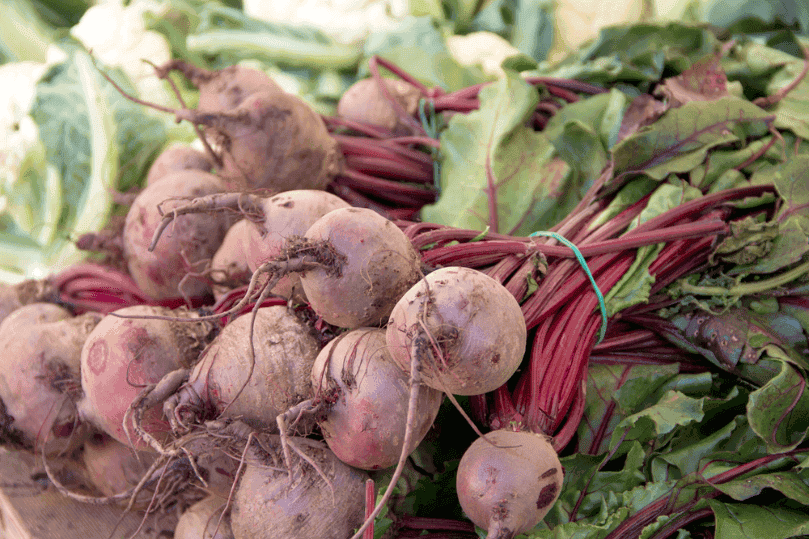
Beets can help boost your performance during exercise and facilitate quicker recovery post-injury. The nutrients in beets have anti-proteolytic, antioxidant and anti-inflammatory effects. Not only the vegetable, but its leafy greens are also beneficial. The nutrients in them help regulate the blood flow, which alleviates cramps.
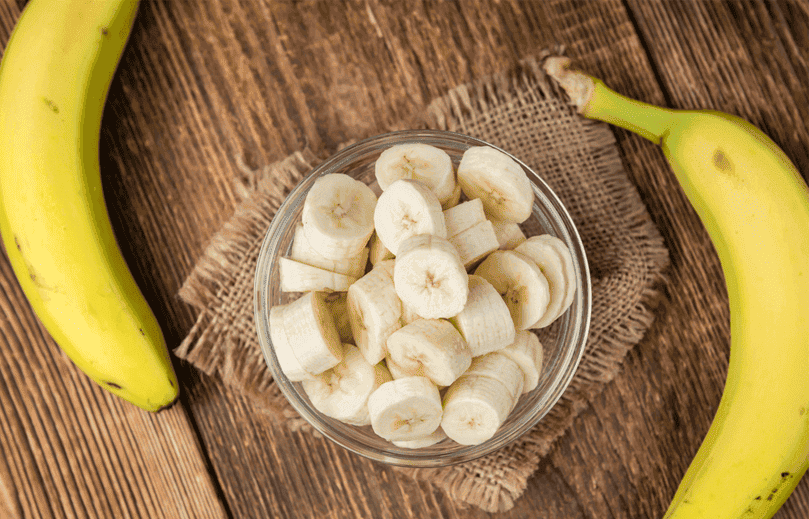
Since muscle cramps are a symptom of an electrolyte imbalance, eating bananas are beneficial. Bananas are a portion of food that helps with cramps as it is rich in potassium, magnesium and calcium, which helps maintain the electrolyte balance required to prevent muscle cramps.
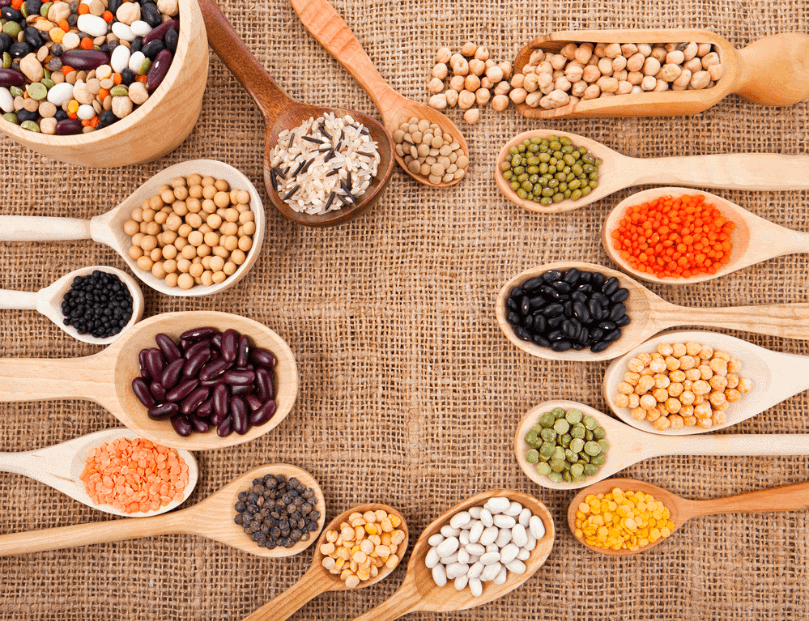
Legumes and lentils are packed with magnesium and protein that are helpful with muscle cramps. Lentils contain high fibre that is also useful for menstrual cramps and helps maintain blood and cholesterol levels.
Fun fact: 71 milligrams of magnesium – that’s what a single cup of cooked lentils has.
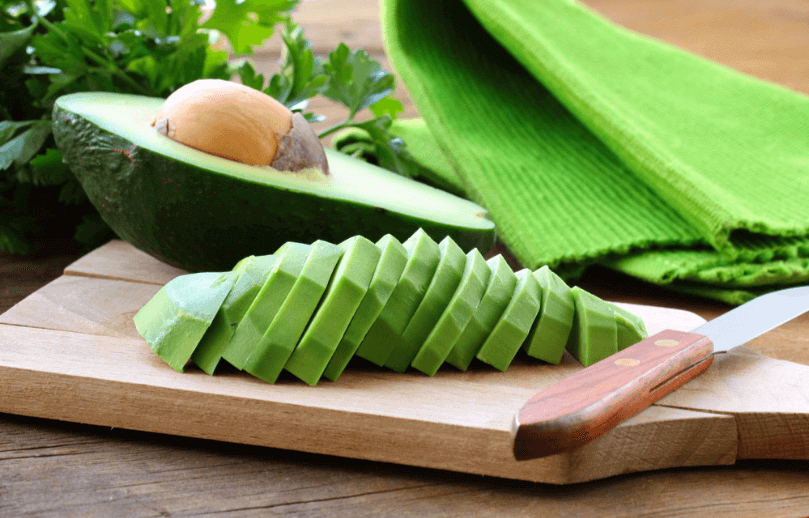
A creamy, delicious green berry, avocados comprise of minerals, potassium and magnesium. These minerals are the best things for muscle cramps as they act as electrolytes and improve muscle health. Along with muscle health, this electrolyte-rich food improves your heart health.
Watermelons are abundant in the two minerals – potassium and magnesium – that is required for muscle health. It is also a great hydrating snack as it has 92% of water.
Likewise, papayas are tropical fruits rich in potassium and magnesium. If you are interested in upping your water intake, eating papayas will be advantageous. They are also known for reducing muscle pain though more research is required to prove this theory.
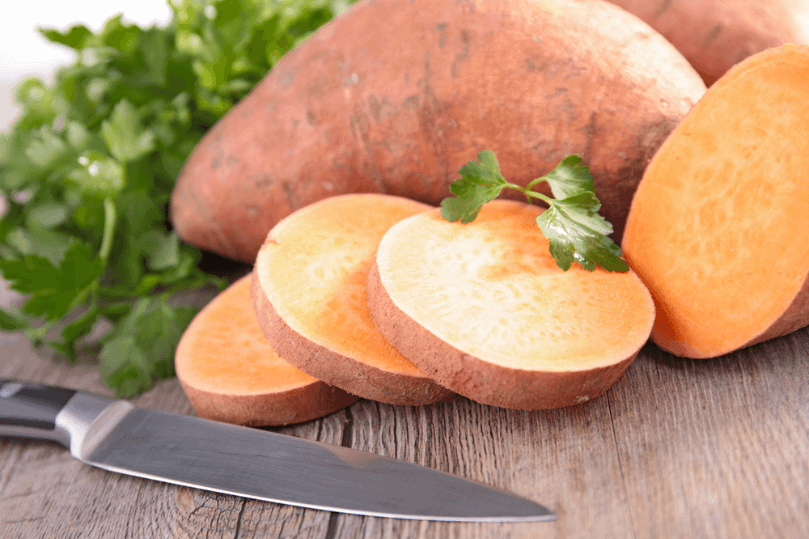
Another food that helps with muscle cramps is sweet potato. They contain the required nutrients that help ease muscle cramps. Sweet potatoes aren’t the only ones that will keep you hydrated, even potatoes and pumpkins will do.
Fun fact: A single cup of 200 grams of mashed sweet potato offers more than 20% of the suggested intake of potassium. It also offers around 13% of the recommended daily intake of magnesium.
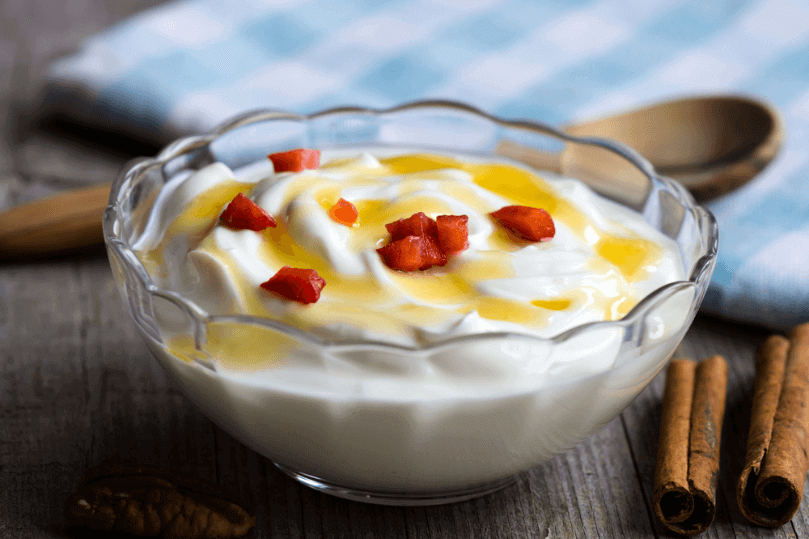
We all know that dairy products are good for bone health, but who would have guessed that Greek yoghurt can help with cramps. Having less calcium in the body is one of the reasons for cramping and other muscle-related issues. Greek yoghurt is loaded with nutrients that help in muscle growth and repair after a strenuous workout. In short, it provides a hefty dose of protein that acts as electrolytes and boosts muscle recovery.
Oily fish like salmon and sardines can also help relieve muscle cramps. Salmon is incredibly rich in anti-inflammatory fats, B vitamins, potassium, magnesium, and phosphorus. All these components help prevent muscle cramps. Being loaded with iron and vitamin D, salmon aids in the production of blood cell and facilitate smooth muscle function. It also helps oxygenate muscle tissue and regulates blood flow.
Sardines are a great source of vitamin D along with iron, phosphorus, calcium, potassium, sodium, and magnesium. Although it is a relatively small fish, they are beneficial for preventing and relieving muscle strain. They also contain huge amounts of selenium. Lack of selenium in the body can weaken the muscles. So, add sardines to the list of foods to eat to prevent cramps.
Just like some foods help relieve muscle cramps, there are some foods that can cause muscle cramps. It is better to limit your intake of these foods, especially if you experience frequent muscle cramps. Here is a quick list of foods to avoid to prevent cramps.
Discover what to eat and avoid for effective muscle relief and start feeling better today.
Always ensure to stay hydrated before an intense workout session. In case the symptoms of muscle cramps do not improve, it is advisable to consult with your healthcare provider.
Also, while you can’t prevent muscle cramps, as they are usually quite sudden, eating the best things for muscle cramps will help lessen the pain.
Keeping yourself well-nourished is as important as exercising daily to improve the overall fitness level and general health. Plus, fitness enthusiasts particularly should follow a pre and post workout nutritious regime to prevent/alleviate cramps.
Get in touch if you are seeking a personal fitness trainer in Mumbai.
Read More Blogs: https://www.sudamshelar.in/best-exercises-and-foods-to-boost-immunity/